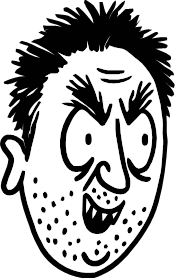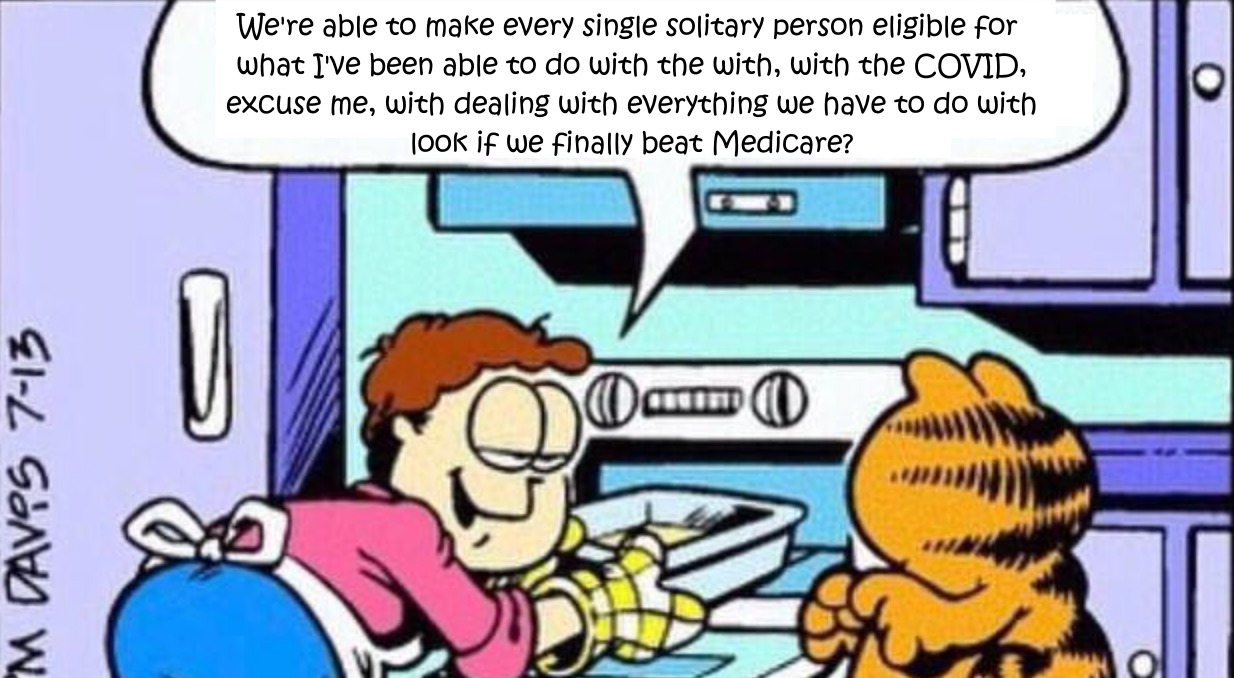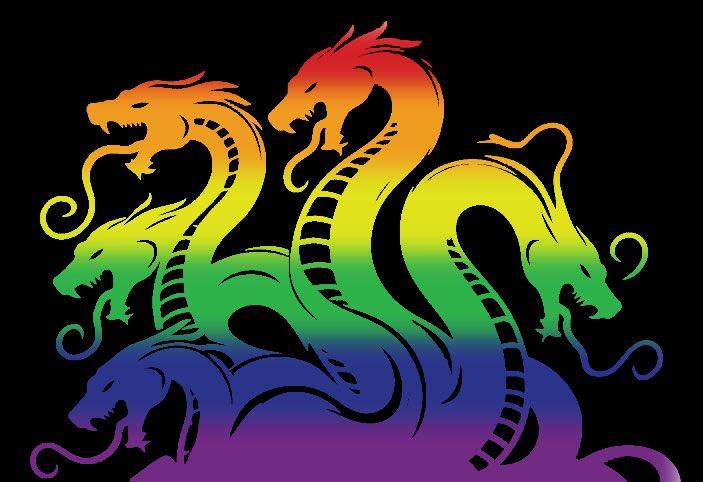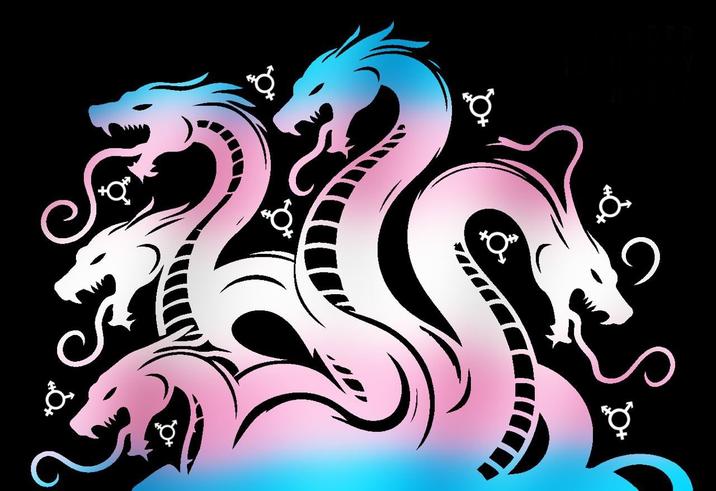No offense, but you're wrong about this.
Machine learning does have valid use cases, and chess (and go and other board games) is one of them. The thing about chess is that there's a definitive win state that the AI is trying to reach. This is a huge difference from language and image models, which require human input to tell them if they're any good or not, and feeding the output back into it makes it more and more gibberish. With chess AI, the goal isn't to play like a human, but to win, which means it can judge it's own output against that metric and train off of that, with no need for human games at all. You can start it off playing random nonsense moves, and then let it run, and it'll play millions of games getting a little better with each one, as fast as the hardware allows. The end result is something much, much better than what any human or brute force algorithm can achieve. Speaking as a go player, AI has completely revolutionized the way we play the game, and I believe the chess world has had a similar experience.
Having said that, there have been some problems with go AI. A while back, somebody discovered a trick that anybody could use to beat otherwise unbeatable AI. It involved intentionally letting a group get surrounded with no way to live, and then surrounding the group surrounding that group in order to kill it. It was a nonsense strategy that any human player would catch on to and subvert, but because it was a bad strategy, the AI never tried it and so it wasn't in its training data. This served as an important reminder that the AI isn't perfect and isn't actually thinking.
However, without exploits like that, nobody, not even the top professionals, have any chance whatsoever of beating a top AI. And that only started being the case with go relatively recently, because the brute force algorithms weren't good enough but the machine learning algorithms were a huge leap forward, and they're getting better and better.
I'm as much of an AI skeptic as the next person, but a W is a W.











 AAAAAAAAAAAAAA
AAAAAAAAAAAAAA






I gotta push back against the criticism that several of my comrades in here are expressing. Y'all are talking about the US collaborating with Nazis after the war, and you're not wrong about that, but that was the US government, while this meme is about a soldier. The soldiers on the ground fought for all sorts of reasons, they might have opposed the Nazis for all sorts of ideological reasons, or they might have just been doing it out of loyalty, or any of the other reasons soldiers fight. But there were people on the ground fighting the Nazis under a US flag who were committed antifascists and even communists. As for the others, whatever their reasons, when the call came to save the world from fascism, they answered, and were willing to sacrifice life and limb to do it. That's pretty heroic if you ask me. And they weren't the ones who made the decision to let Nazis into NATO and stuff afterwards.
I understand the defensiveness against attempts to glorify the US while villifying the USSR and downplay their (more substantial) sacrifice and contribution to the war. But there's nothing in this meme that's doing that, and there were Americans who contributed to the war effort. Is it necessary to kneejerk react to a meme celebrating someone who fought the Nazis by talking about the government that ruled over them? People aren't defined by their nation or their government.
Let's not forget the proud tradition of people like Woody Guthrie, who explicitly tied the war effort to a broader idea of antifascism, nor of the people on the front lines who he inspired.